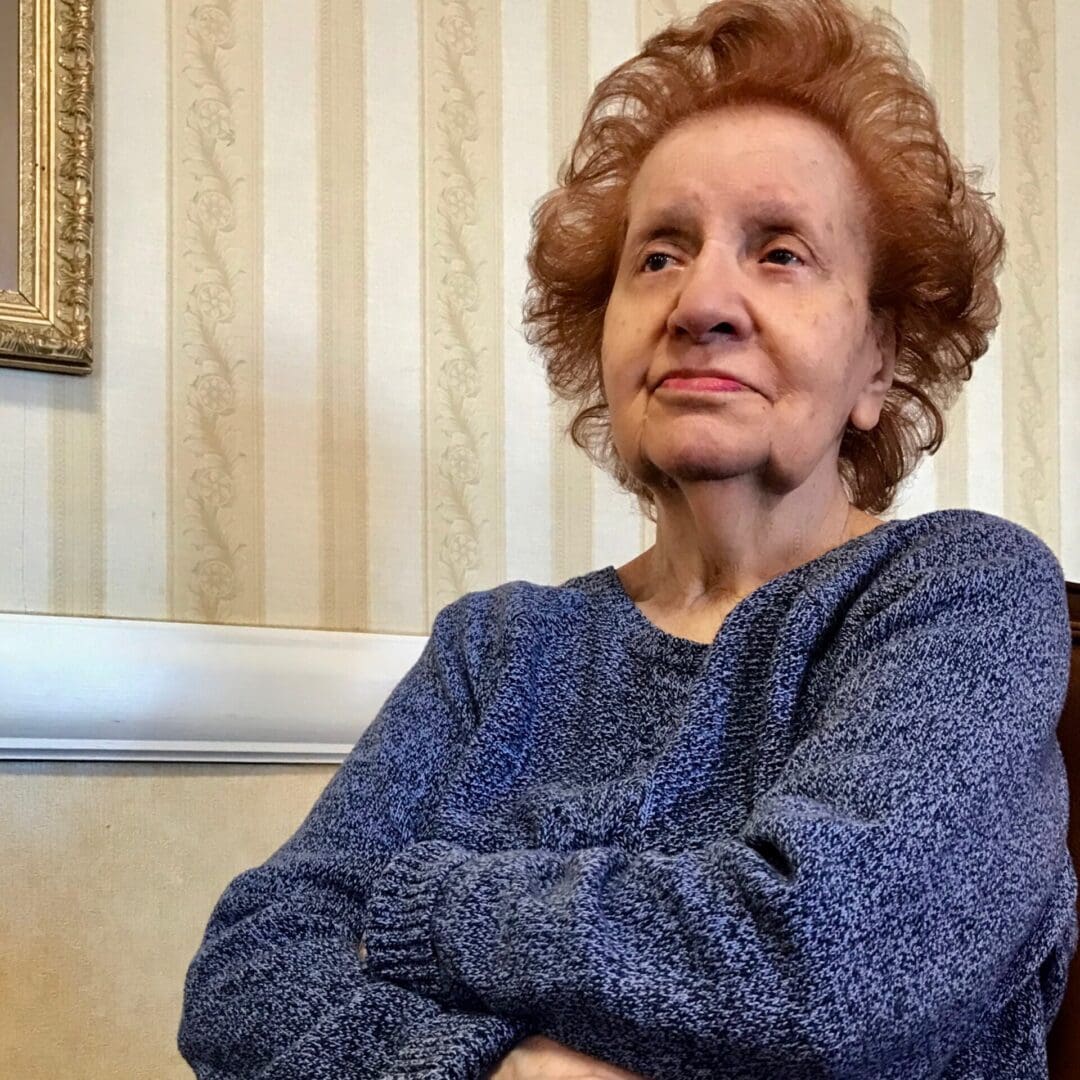Search Posts
Recent Posts
- Johnston secures federal funds for all 9 home buyouts on Belfield Drive with persistent flooding April 23, 2024
- ART! Celebrating 13 years of Art Connection RI – at Shri Yoga April 23, 2024
- Rhode Island Weather for April 23, 2024 – John Donnelly April 23, 2024
- New Budlong Pool: Cranston DPW sets public meeting on ways to recognize its history April 23, 2024
- May 1st RI State House event launches Mental Health Month programs. Awards, personal stories. April 22, 2024
Categories
Subscribe!
Thanks for subscribing! Please check your email for further instructions.

Coronavirus in RI: Health Dept. Steps Up to Protect Our Seniors
After RINewsToday.com inquired about plans to have special protocols in place to protect Rhode Island’s high percentage of population defined as seniors, olds, and old-olds, we received this information. Please feel free to share this with family and friends with loved ones in facilities and programs.
From the RI Dept. of Health
Protecting seniors from COVID-19 is a top priority of the state. To the point of specific question about seniors living in long-term care facilities, RIDOH has been disseminating the following guidance to keep seniors safe. We appreciate the chance to share this information with readers of RI News Today.
First, to prevent the introduction of respiratory germs INTO a facility:
- Limit visitors to the facility.
- Post signs at the entrance instructing visitors not to visit if they have symptoms of respiratory infection.
- Post visual alerts (signs, posters) at entrances and in strategic places providing instruction on hand hygiene, respiratory hygiene, and cough etiquette.
- Ensure supplies are available (tissues, waste receptacles, alcohol-based hand sanitizer).
- Ensure sick leave policies allow employees to stay home if they have symptoms of respiratory infection.
- Assess residents’ symptoms of respiratory infection upon admission to the facility and implement appropriate infection prevention practices for incoming symptomatic residents. (Symptoms of respiratory infection, including COVID-19, are fever, cough, and shortness of breath.)
- Observe newly arriving patients/residents for development of respiratory symptoms.
To prevent the spread of respiratory germs WITHIN a facility:
- Keep residents and employees informed. Describe what actions the facility is taking to protect them, including answering their questions and explaining what they can do to protect themselves and their fellow residents.
- Monitor residents and employees for fever or respiratory symptoms.
- Restrict residents with fever or acute respiratory symptoms to their room. If they must leave the room for medically necessary procedures, have them wear a facemask (if tolerated).
- Healthcare personnel should monitor their local and state public health sources to understand COVID-19 activity in their community to help inform their evaluation of individuals with unknown respiratory illness. If there is transmission of COVID-19 in the community, in addition to implementing the precautions described above for residents with acute respiratory infection, facilities should also consult with public health authorities for additional guidance.
- Support hand and respiratory hygiene, as well as cough etiquette by residents, visitors, and employees.
- Ensure employees clean their hands according to CDC guidelines [cdc.gov], including before and after contact with residents, after contact with contaminated surfaces or equipment, and after removing personal protective equipment (PPE).
- Put alcohol-based hand gel in every resident room (ideally both inside and outside of the room).
- Make sure tissues are available and any sink is well-stocked with soap and paper towels for hand washing.
- Identify dedicated employees to care for COVID-19 patients and provide infection control training.
- Guidance on implementing recommended infection prevention practices is available in CDC’s free online course — The Nursing Home Infection Preventionist Training [cdc.gov] — which includes resources checklists for facilities and employees to use.
- Provide the right supplies to ensure easy and correct use of personal protective equipment (PPE).
- Post signs [cdc.gov] on the door or wall outside of the resident room that clearly describe the type of precautions needed and required PPE.
- Make PPE, including facemasks, eye protection, gowns, and gloves, available immediately outside of the resident room.
- Position a trash can near the exit inside any resident room to make it easy for employees to discard PPE.
Here is a link to CDC’s general prevention and preparedness guidance for long-term care facilities [cdc.gov] and here is specific guidance on preventing the spread of COVID-19 in long-term care facilities. [cdc.gov]
Notes to Family Members:
From one nursing home by text message to a resident’s family member:
“It is cold and flu season; we ask that if you are not feeling well to please refrain from visiting your loved one. Your loved ones are in capable hands and will be well cared for. If it is necessary to come into the building we encourage you to wear a mask to prevent the spread of germs. There are masks and hand sanitizer available upon entering the building. Please feel free to use it. Thank you – from our staff.”
NOTE: With the VA Hospital now screening all visitors we wonder if screenings at nursing home and similar facilities, especially with the danger for those who are elderly – and the Washington state experience, won’t be soon mandatory.
